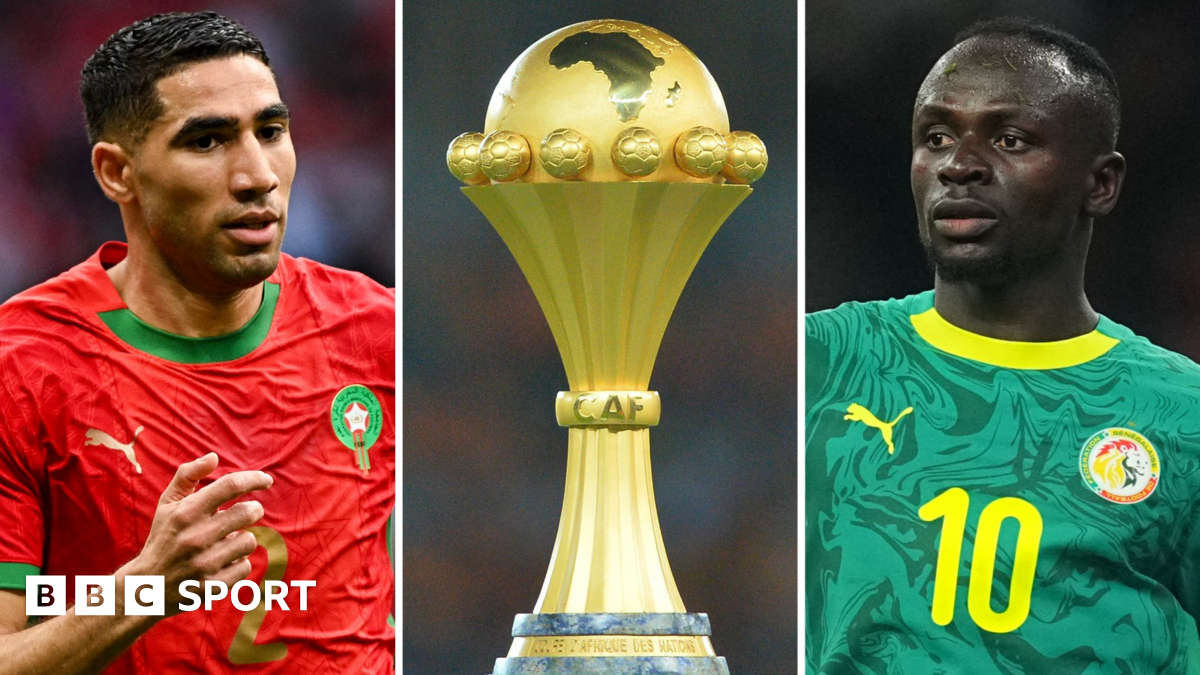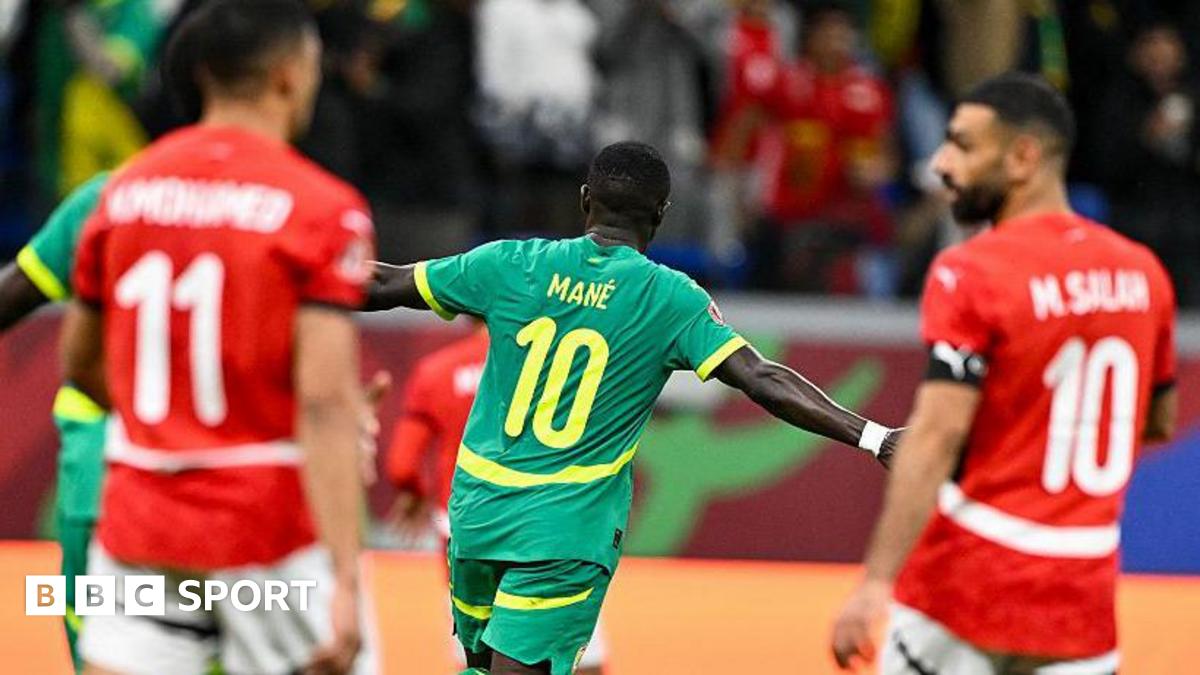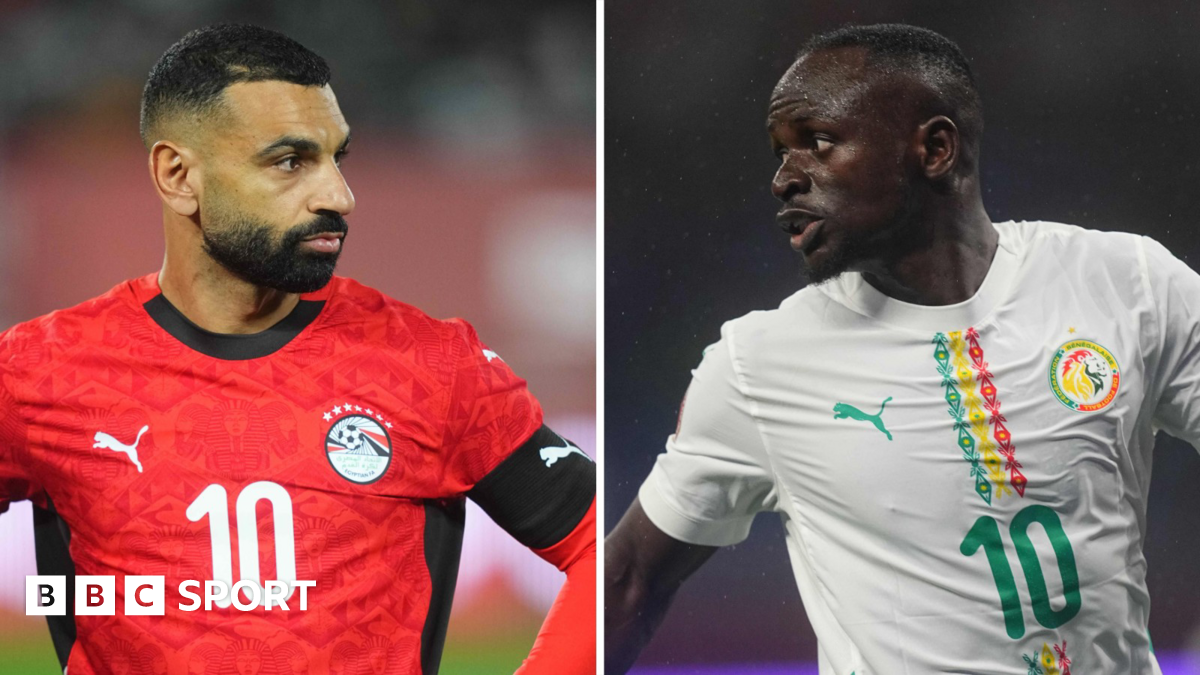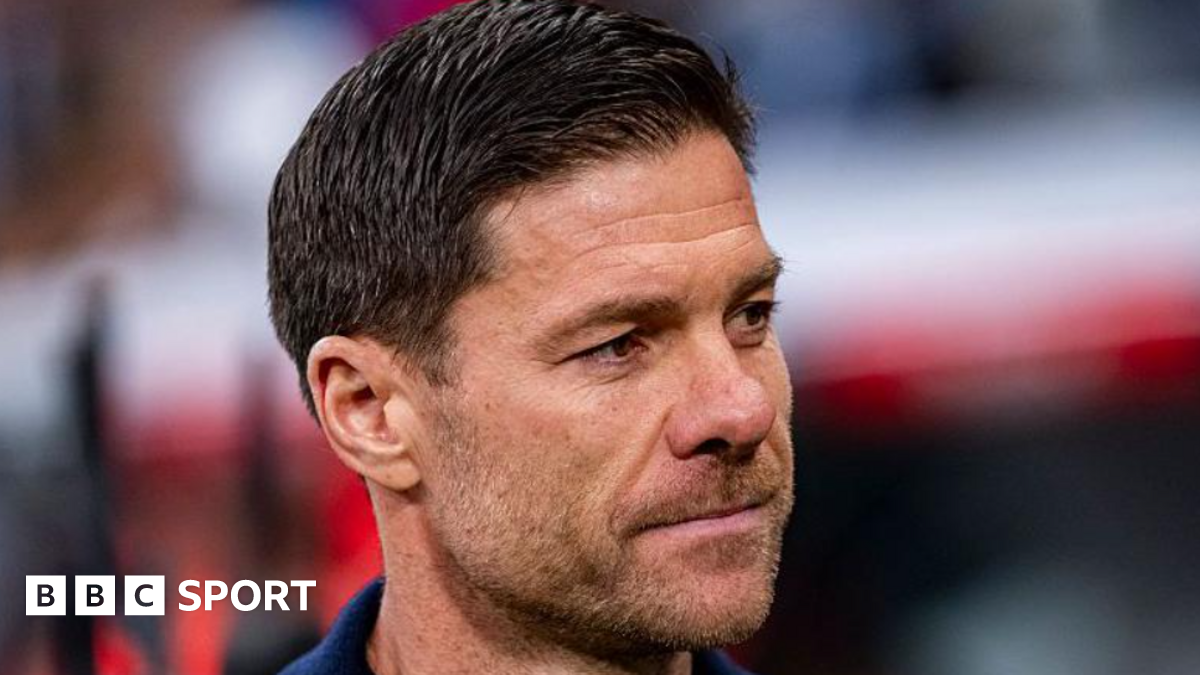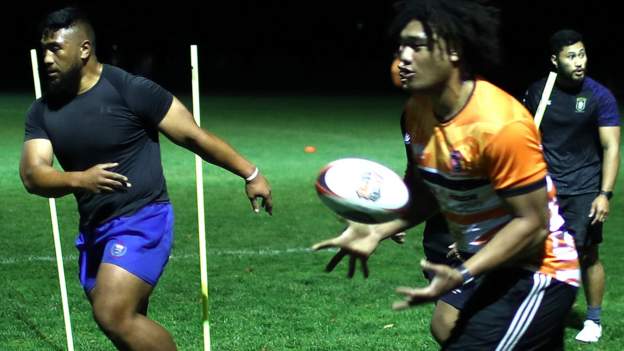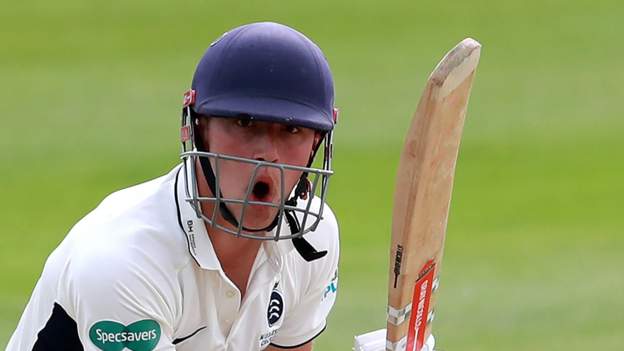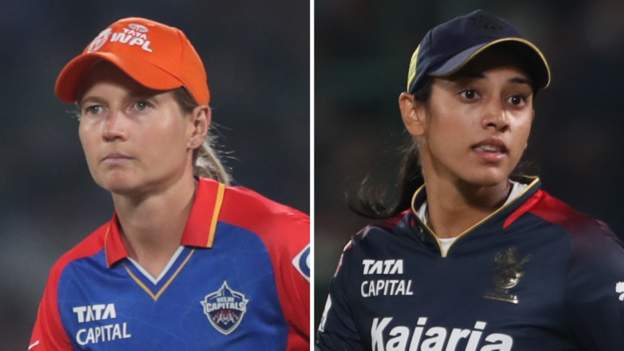World Rugby has announced a trial of chipped mouthguards, which it hopes could be a “game-changer” in improving head injury detection and prevention.
More than 700 grassroots players in New Zealand, including men, women, and juniors from the under-13 age group upwards, will be involved.
The study, led by academics from the University of Otago, will monitor the nature and frequency of head impacts.
Prevent Biometrics, based in the United States, has developed the mouthguards.
They are said to record head impacts with an accuracy of “more than 95%” – collecting information on linear and rotational motion, location, load and direction for collisions and transmitting the data in real time.
World Rugby chief medical officer Dr Eanna Falvey said: “Player welfare continues to be our top priority. By continually commissioning and partnering in research, we can make evidence-based decisions that will advance our understanding of injuries in the sport and, more importantly, inform the moves that we can make to reduce them.
“We have been monitoring instrumented mouthguard technology for some time and rapid advances in the sensitivity can now make it possible to distinguish between a head impact, a jump or shouting, for example, which is important to the integrity of the research.”
He said the scale of the project “should not be underestimated”, adding: “It will provide the largest-ever comparable set of data to compare community rugby from the perspective of men’s and women’s and age-grade participation.”
On announcing the trial, World Rugby said it “could be a game-changer for the sport”.
All training and matches will be conducted in a controlled environment to ensure the same conditions, and the data from the mouthguards will be combined with video analysis.
Earlier this month, the Rugby Football Union (RFU) announced it would use chipped mouthguards in the Premiership next season to monitor player load in training and matches.
Three Premiership clubs – Harlequins, Leicester Tigers and Gloucester – already use instrumented mouthguards, though these use the Protecht system and are made by Sports & Wellbeing Analytics.
Harlequins’ head of medical services, Mike Lancaster, told BBC Sport there had been a “sea change” in the volume of contact training players are doing in the week leading up to matches as a result of the data provided.
World Rugby, the RFU and the Welsh Rugby Union (WRU) are facing a legal action from a group of former professional players suffering from early onset dementia, which they say is due to their exposure to head injuries during their careers.




